David Salisbury
-
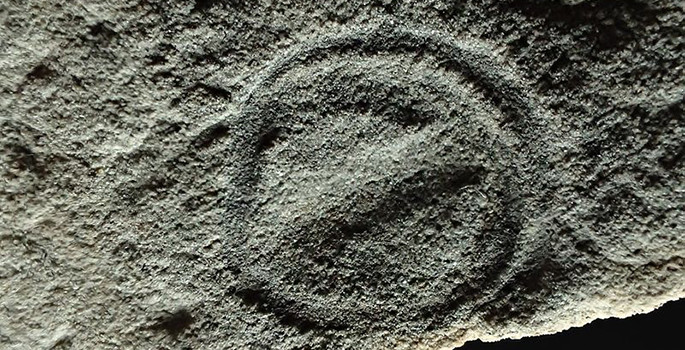
Life in the Precambrian may have been much livelier than previously thought
An interdisciplinary study suggests the strange creatures that lived in the Garden of the Ediacaran more than 540 million years ago may have been much more dynamic than experts have thought. Read MoreMay 18, 2017
-
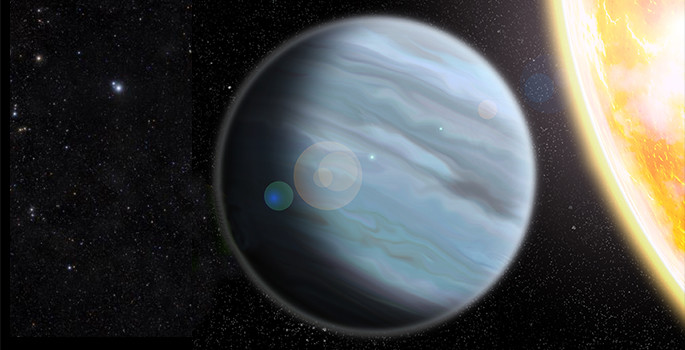
Puffy planet provides opportunity for testing alien worlds for signs of life
Astronomers from Vanderbilt, Lehigh and Ohio State universities have discovered a “puffy planet" with the density of Styrofoam that is an excellent test-bed for probing exoplanets for signs of life. Read MoreMay 18, 2017
-

National assessment overstates public access to safe drinking water in Bangladesh
According to the latest national assessment, 85 percent of the people in Bangladesh have access to safe drinking water. However, a new study raises serious questions about the nation's water security. Read MoreMay 12, 2017
-

The tale teeth tell about the legendary man-eating lions of Tsavo
Analysis of the microscopic wear on the teeth of three man-eating lions reveals that painful dental disease may have been what drove the cats to hunt humans instead of larger prey. Read MoreApr 19, 2017
-
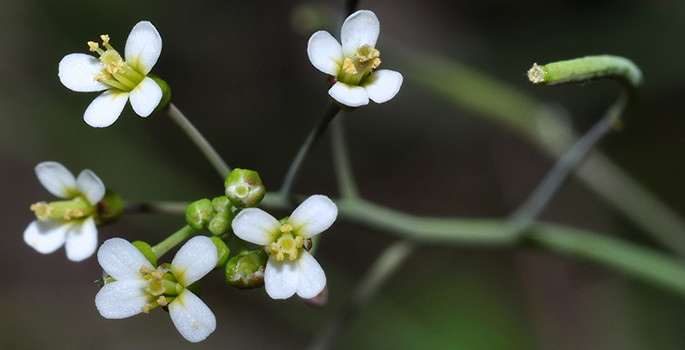
New method for tapping vast plant pharmacopeia to make more effective drugs
Geneticists have developed an effective new method for identifying the genes that produce the chemicals plants use to protect themselves from predators, which are an important natural drug source. Read MoreApr 14, 2017
-
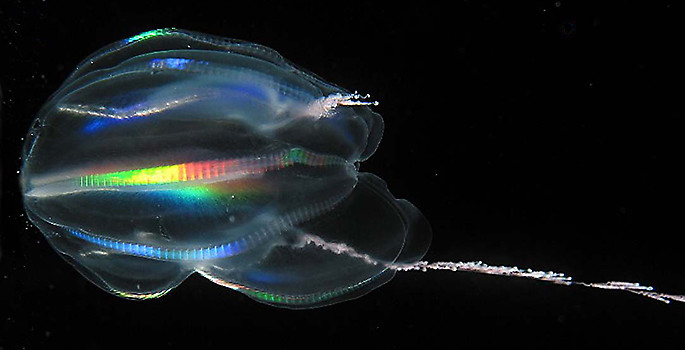
Forget sponges: the earliest animals were marine jellies
A powerful new method has been devised to settle contentious phylogenetic tree-of-life issues. such as "What is the oldest branch of the animal family tree?" Read MoreApr 10, 2017
-
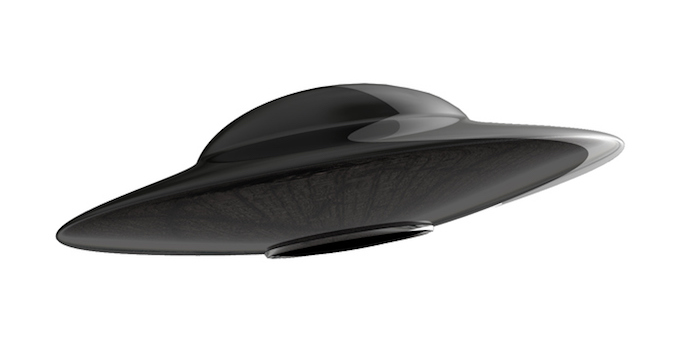
‘Flying saucer’ quantum dots hold secret to better, brighter lasers
Vanderbilt University chemists collaborated in research that ‘squashes’ the shape of nanoparticles to create inexpensive lasers that continuously emit light in a customizable rainbow of colors. Read MoreMar 20, 2017
-
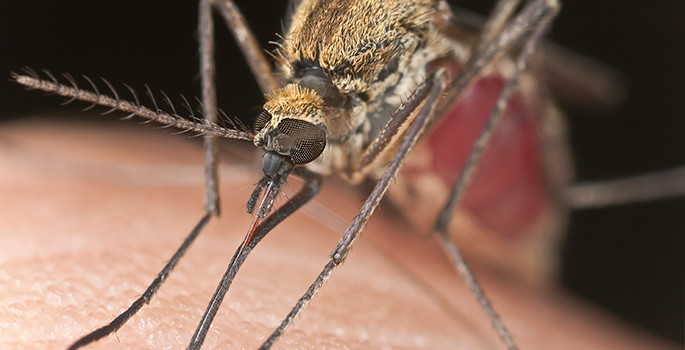
For female mosquitoes, two sets of odor sensors are better than one
A team of Vanderbilt biologists has found that the malaria mosquito has a second complete set of odor receptors that are specially tuned to human scents. Read MoreMar 15, 2017
-

Fish eyes may hold key to regenerating human retinas
Research into retinal regeneration in zebrafish has identified a signal that appears to trigger the self-repair process, raising the possibility of inducing retinal repair in human eyes. Read MoreMar 9, 2017
-
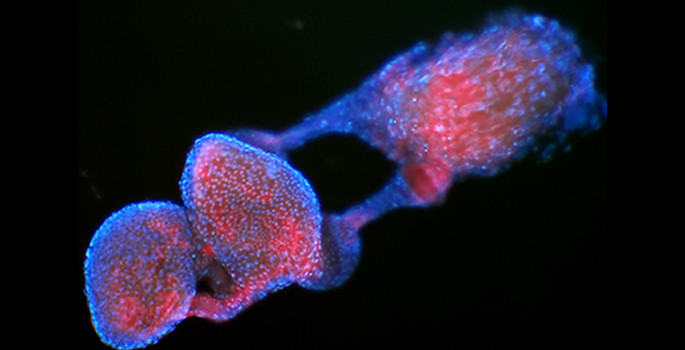
New tool for combating mosquito-borne disease: insect parasite genes
Genes used by the insect parasite Wolbachia to control its hosts' reproduction can be used to help control the spread of mosquito-borne diseases like dengue, Zika and malaria. Read MoreFeb 27, 2017
-

Organ-on-a-chip mimics heart’s biomechanical properties
Scientists at Vanderbilt University have created a three-dimensional organ-on-a-chip that can mimic the heart’s amazing biomechanical properties in order to study cardiac disease, develop heart drugs. Read MoreFeb 22, 2017
-
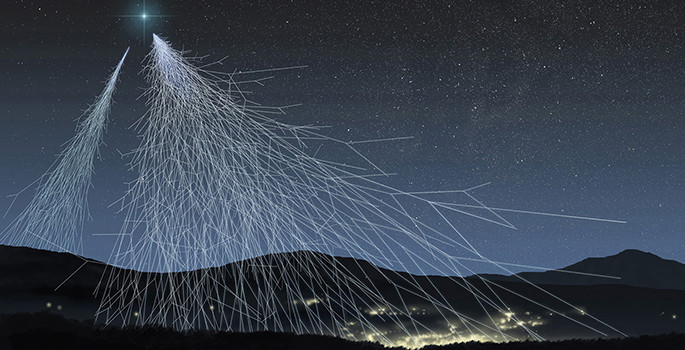
Alien particles from outer space are wreaking low-grade havoc on personal electronic devices
Alien subatomic particles raining down from outer space are wreaking low-grade havoc on your smartphones, computers and other personal electronic devices. Read MoreFeb 17, 2017
-

Detecting inflammatory bowel disease during a colonoscopy
Vanderbilt researchers have developed a new optical sensor that can accurately detect different types of inflammatory bowel disease and can be easily integrated into routine colonoscopy exams. Read MoreFeb 1, 2017
-
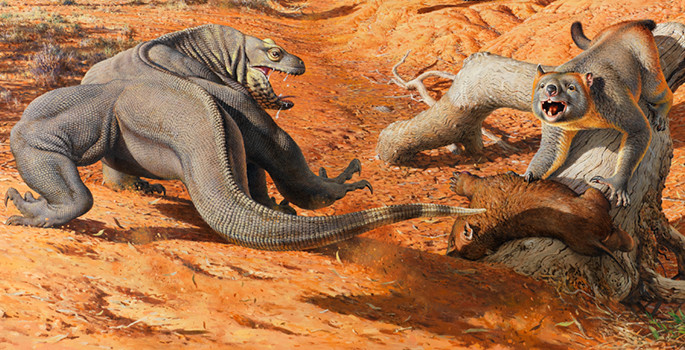
Climate change helped kill off super-sized Ice Age animals in Australia
A new study has compared the diet of a variety of Australian megafaunal herbivores from the period when they were widespread (350,000 to 570,000 years ago) to a period when they were in decline (30,000 to 40,000 years ago) by studying their fossil teeth. The analysis suggests that climate change had a significant impact on their diets and may well have been a primary factor in their extinction. Read MoreJan 26, 2017
-

DNA duplicator small enough to hold in your hand
Vanderbilt engineers have developed a new method for duplicating DNA that makes devices small enough to hold in your hand that are capable of identifying infectious agents before symptoms appear. Read MoreJan 11, 2017
-

Measuring elements of life in Milky Way
Astronomers participating in the Sloan Digital Sky Survey have announced the results of the first study that shows how the abundance of the "elements of life" varies across the Milky Way galaxy. Read MoreJan 6, 2017
-

Faster (cheaper) method for making big bioactive ring molecules
A pair of Vanderbilt chemists have developed a faster, cheaper method for synthesizing ring molecules called cyclic depsipeptides found in antibiotics, anti-retrovirals and pesticides. Read MoreDec 12, 2016
-

Type of psychotherapy matters in treatment of irritable bowel syndrome
A new study has found that the type of psychotherapy used to treat the gastrointestinal disorder irritable bowel syndrome makes a difference in improving patients' daily functioning. Read MoreDec 12, 2016
-

Blood-brain barrier on a chip sheds new light on “silent killer”
A new microfluidic device containing human cells that faithfully mimics the behavior of the blood-brain barrier is providing new insights into brain inflammation, the silent killer. Read MoreDec 6, 2016
-
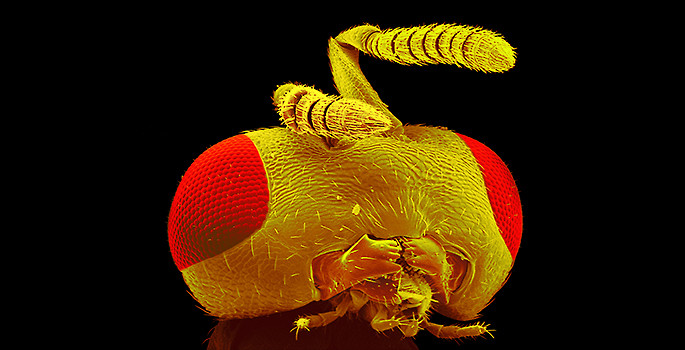
Each animal species hosts a unique microbial community and benefits from it
A laboratory study of four animal species and their microbiota finds that each species hosts a unique community of microbes that can significantly improve its health and fitness. Read MoreNov 28, 2016